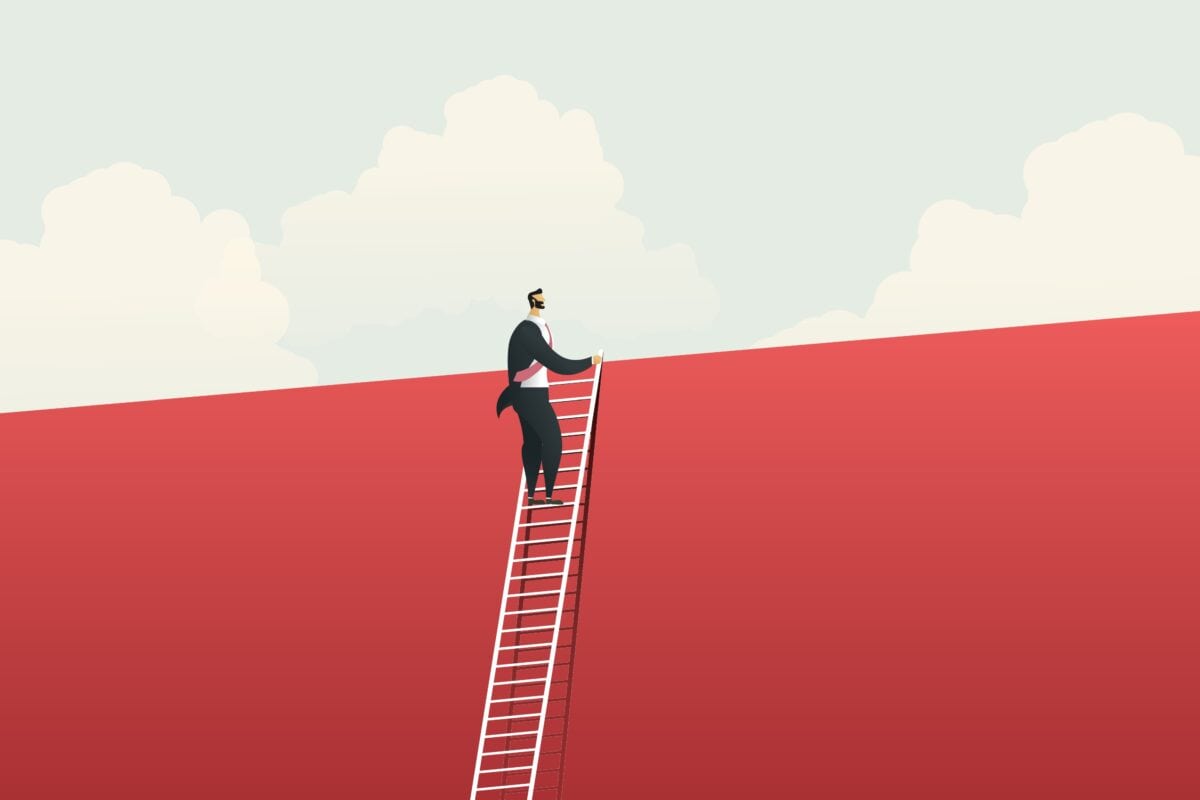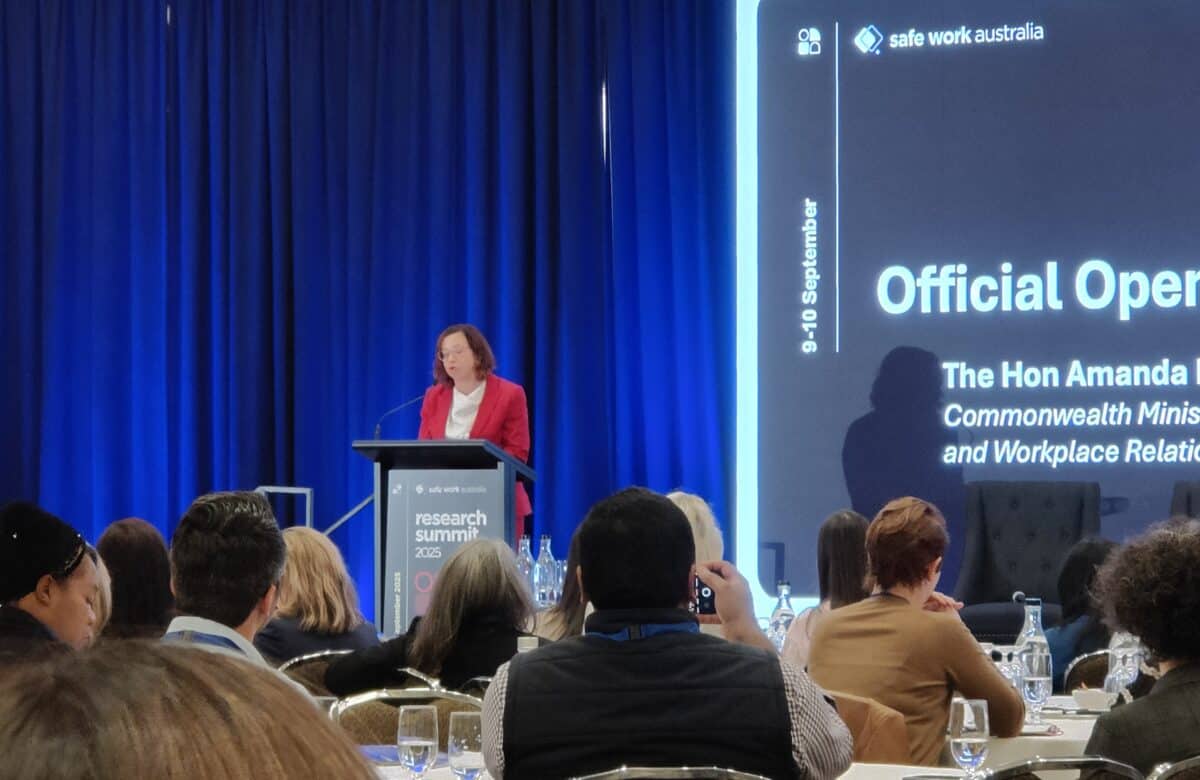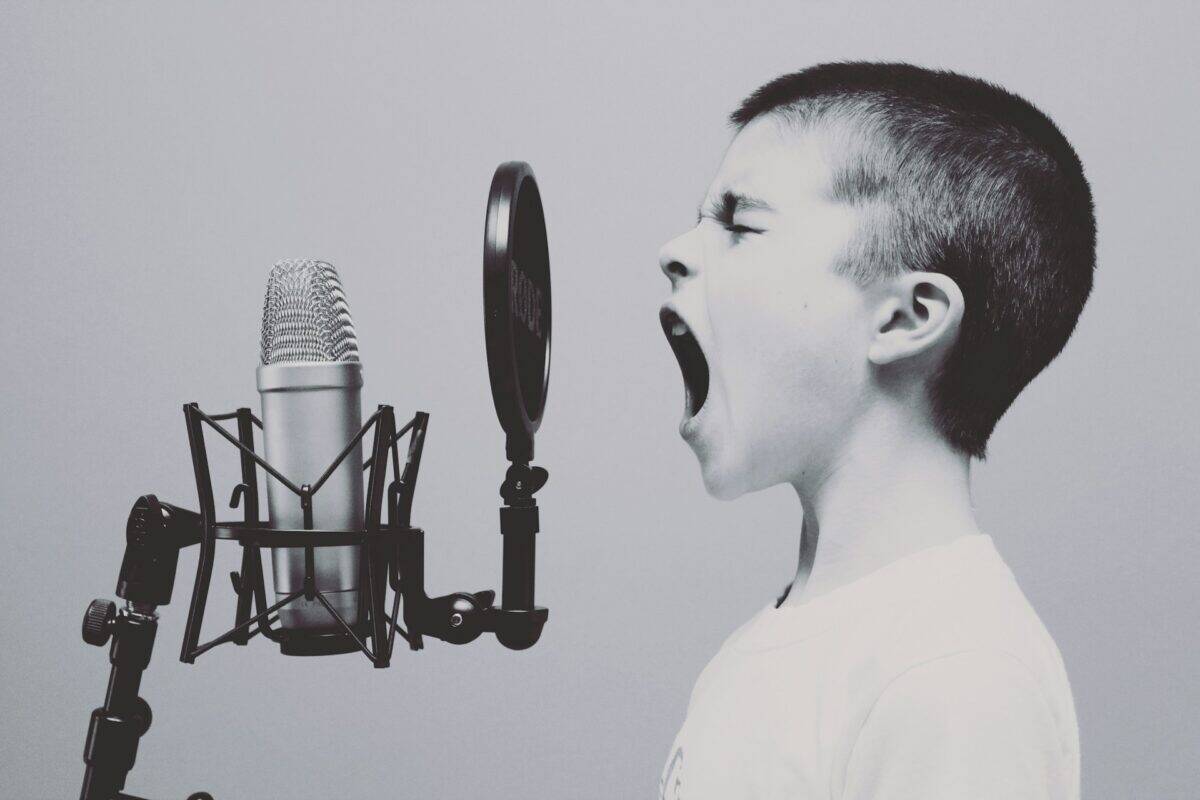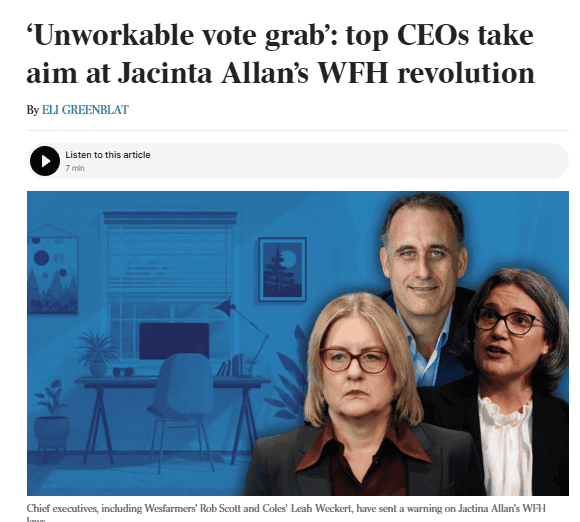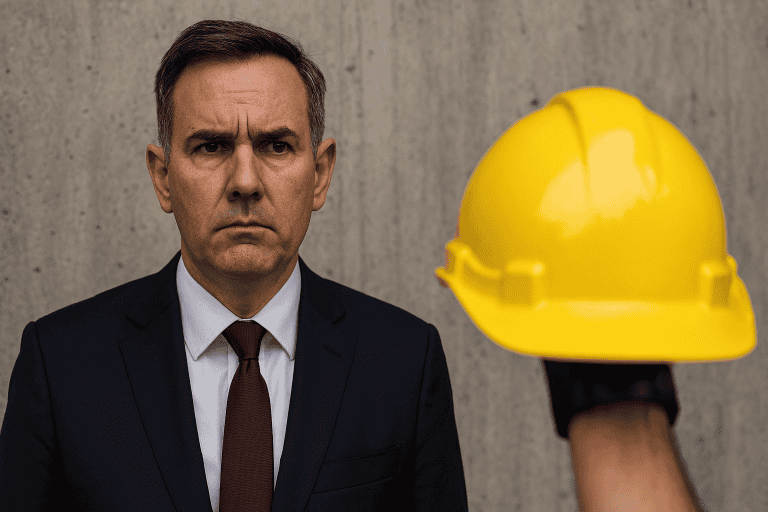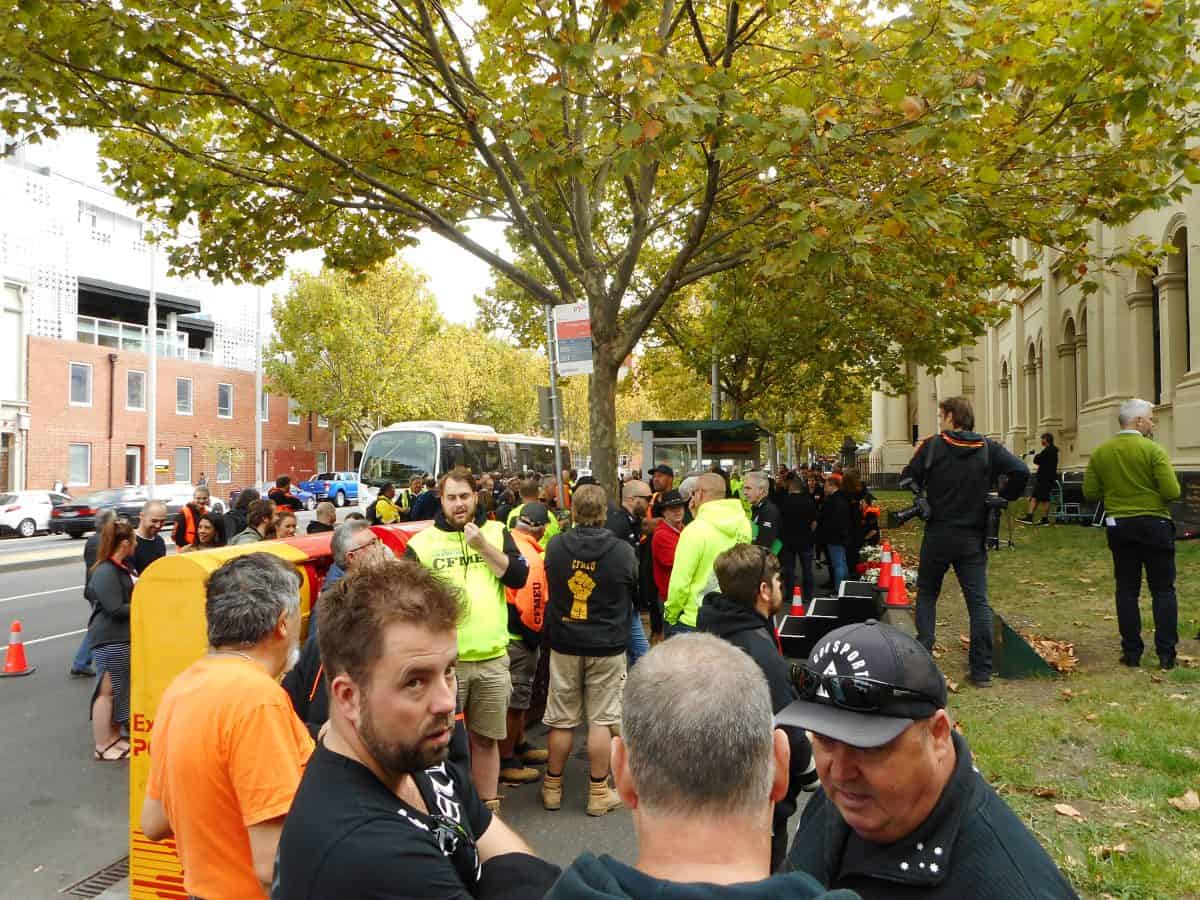One of the aims of Australia’s Model Work Health and Safety Act is to
“… provide a balanced and nationally consistent framework to secure the health and safety of workers and workplaces.” (page 5, Best Practice Review of the model Work Health and Safety laws – Discussion Paper, September 2025)
There are several ways to interpret “balance” – an equilibrium/harmony or the process for weighing interest, a noun or a verb. I am not sure that ‘balance’ or ‘balanced’ are suitable terms in a document that should provide clear guidance on occupational health and safety (OHS) matters. It may be an example of how an inexactitude can lead to over-complexity and OHS’s reputation for business bullshit.

